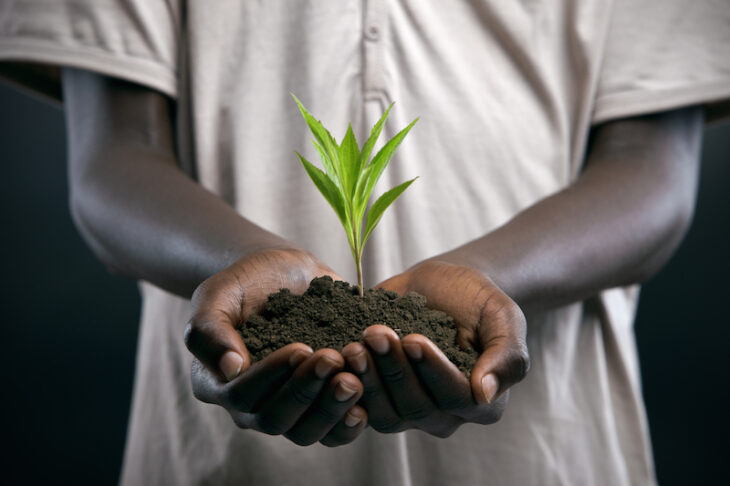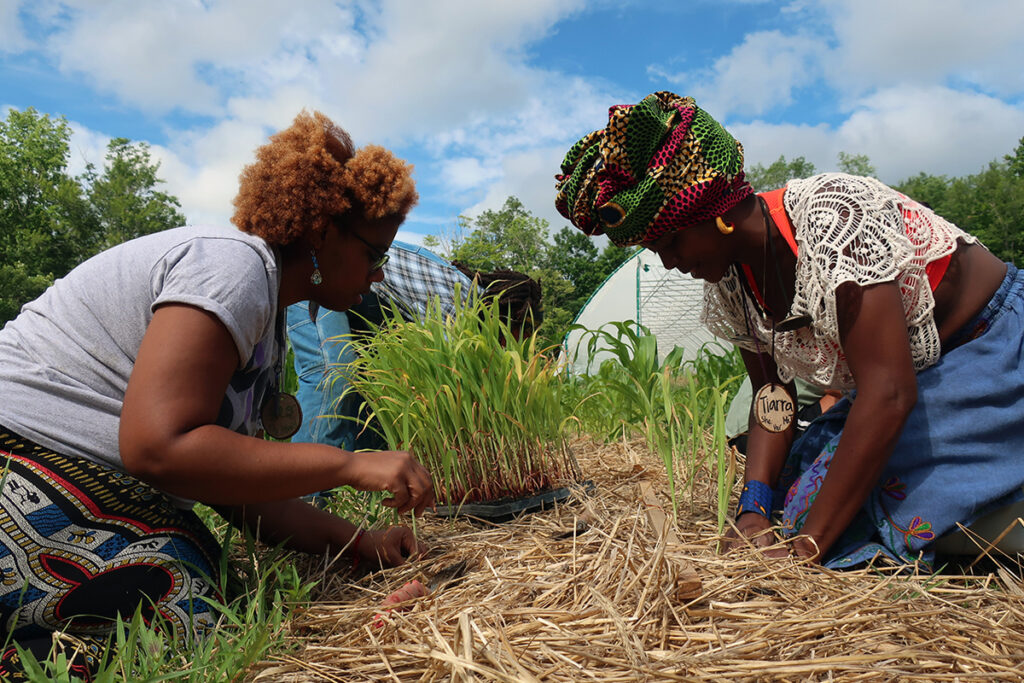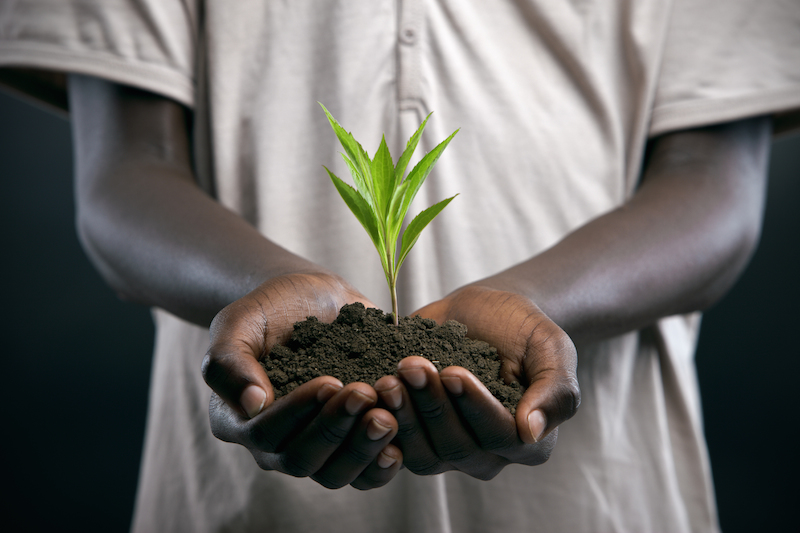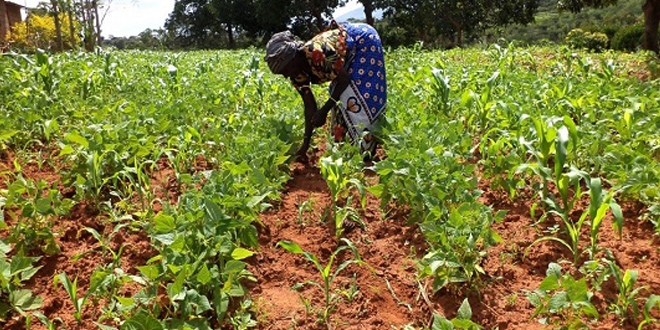
How to make Compost in Malawi
 Hello everyone, on this post you will learn how to make Compost to better develop your farming skills and technique. This is article is for everyone, so if you are new to farming or a seasoned vet, you find this article very resourceful so we encourage you please leave us some feedback by leaving a comment below. Before you go on, you have to learn the basics of why Compost is important to farmers in Malawi(or the world) and why you should learn how you make your own Compost at home by following our step by step process below.
Hello everyone, on this post you will learn how to make Compost to better develop your farming skills and technique. This is article is for everyone, so if you are new to farming or a seasoned vet, you find this article very resourceful so we encourage you please leave us some feedback by leaving a comment below. Before you go on, you have to learn the basics of why Compost is important to farmers in Malawi(or the world) and why you should learn how you make your own Compost at home by following our step by step process below.
What is Compost in farming?
Compost is organic material that can be added to soil to help plants grow. This process recycles various organic materials otherwise regarded as waste products and produces a soil conditioner. Compost is rich in nutrients.
Malawi’s Agricultural sector has been promoting compost in the recent years, but most farmers still have no idea what it is and how it can help them with their farming, so the question is why do more farmers, especially those of us in Malawi and Africa not use compost? Well, we found some common “excuses” that most farmers come up with, most of them are not good enough reasons to cling to.
Reasons why Malawi farmers don’t use Compost
- Long time to produce.
- No time to make compost/ Need lots of work.
- They don’t have enough animal manure.
- A little effect / Slow effect (Comparing with Chemical fertilizer).
- And also farmers are not well aware of why they should apply compost to farmland. Many of farmers say, “Now I don’t have money so that I use Compost. But if I get money, I will use chemical fertilizer.”
Reasons why you should Compost
- To add fertility to soil.
- To improve soil physical characters.
- Cheap and made of locally available materials.
Farmers regard compost as more than an alternative of chemical fertilizer and they may use it more eagerly. How do we explain the effect of improving soil physical characters? One method is to let the farmers realize the situation of soil in farmland. Even though farmers know the soil productivity decreases year by year, we try to let them well realize the effect again. We will tell them why we should apply the compost to farmland not as an alternative of chemical fertilizer but to improve the soil character.

Materials necessary for Compost
- Animal manure: 3 pails
- Plant residue: 4 pails
- Virgin Soil: 3 pails
- Water: Necessary to activate microorganism’s activities which decompose organic materials to makes compost.
Step by step process to follow on how to make Compost
- Tie the livestock in your khola / garden during night and put plant residues and grass under the animals. In the morning, collect the dung and plant residues/grass, which has absorbed animal urine, and put it in a pit. To reduce evaporation, pour water in the pit and cover the pit with plastic sheets, banana leaves and so on. Animal manure including urine, dung, and droppings are one of the sources that can increase soil fertility. They are very rich in nitrogen. Chicken or other bird droppings are one of the best materials because they highly contains nitrogen and the nitrogen which is in it, does not easily evaporate, compared to dung of cattle and other livestock. Additionally, it contains a lot of phosphate. Urine contains a lot of nitrogen (ammonia) than dung, however, it is very difficult to collect it and utilize it. In this method, we can collect high quality animal manure so that we can make high quality compost from less amount of animal manure.
- Collect soil from virgin land that has never been planted to any crop before but has a good plant-ground cover (e.g. dambo or forest soils) or from orchard (e.g. under banana trees). Such kinds of soil contain a lot of active microorganisms to facilitate decomposition of the materials. Soil is added because we want to add microorganisms to decompose organic materials. Additionally, soil absorbs nitrogen in the materials and fixes it, which means that it reduces the nitrogen loss in the procedure of making compost. Thus, soil should contain a certain amount of clay which quickly fixes nitrogen firmly. Farmland soil is not good because it is always exposed to sunshine.
- Use sweet fruits residues which contain a lot of yeast. Sweet fruit residues soak in water for 2-3days on order to let yeast multiply. Generally, yeast is found on surface of fruits. During the decomposition procedure, yeast takes nitrogen from the materials, and uses it for their body growth. The nitrogen in their body of the yeast is mainly in amino acid form which is water-soluble and as a result plants take and utilize it easily, and this means that the effect of the compost appears relatively rapidly.
- Cut the plant residues into small pieces in order to make it easier to mix with other materials and to facilitate decomposition. Plant residues to be prepared are cobs of maize, pod of beans, maize bran, sugarcane residues, and other plant bodies. The plant residues contain C, N, K, and the others. The plant residues are good nutrients for plants, energy source for microorganism, and they are decomposed into manure form which is good in contributing to holding appropriate moisture, making chemical fertilizers effect longer and the other good soil physical characters. The plant residues are also useful to improve aeration in the heap, preventing a heap from compaction by its weight. The plant residues should therefore be not only good energy source for microorganism but also materials for aeration improvement.
- Mixing each materials; Mix the small portion of each materials together. If there are a lot of materials, don’t mix the materials at once because it is difficult to mix them properly. Take a certain portion of each material, mix them thoroughly, and put them into a good place.
- After adding appropriate moisture, pile it on some place, and then repeat again the mixing procedure as above-mentioned. Continue the procedure until all materials have been finished.
- Cover the finished pile with banana leaves or plastic paper. This helps to maintain proper moisture and prevent UV of sunshine from killing the microbes. Don’t compact the materials as this reduce free air circulation, which is essential for this compost. With appropriate moisture condition without compaction, aerobic microorganisms can get enough water and enough air for their activities.
- After 1-2 days, the temperature of the materials rises up to more than 60 degree. This high temperature kills the effective microorganism. Thus, often check temperature of the heap to avoid the temperature reaching this deadly level.
Check if your heap is ready
- Stick a panga into the heap
- Count until ten
- Pull out the panga, and then
- Couch it to see the temperature.
- If it is too hot, break down the heap in order to decrease the temperature. When the temperature decreases to normal say 30-45 degree, make heap again and cover it again. After that, still check the temperature often. When finding the temperature rising too much, repeat the procedure. Simultaneously, as you are checking the temperature, also check the moisture. If it is too dry, add water. Take care about temperature and moisture once or twice a day during first.
- After 2-3 weeks (depending on the situation), the compost, is ready to use. Spread all the materials and dry it under shade in order to stop the decomposition. You should not continue the decomposition when you find color of all materials has changed into dark.
In Conclusion
Hoping you have gained something on how to make compost and you will make use of it. All the best as u prepare for this growing season, you can even do more without chemical fertilizer. You are welcome to contact me or leave a comment below for any questions or comments. Happy farming!

You can continue to read more articles about farming in Malawi including our guide on grow bananas in Malawi.
- Soybeans Production in Malawi - August 16, 2022
- Banana production in Malawi Part 2 - April 17, 2021
- Introducing Mobile Msika Wathu Program by Smart Energy Enterprise - February 16, 2021
